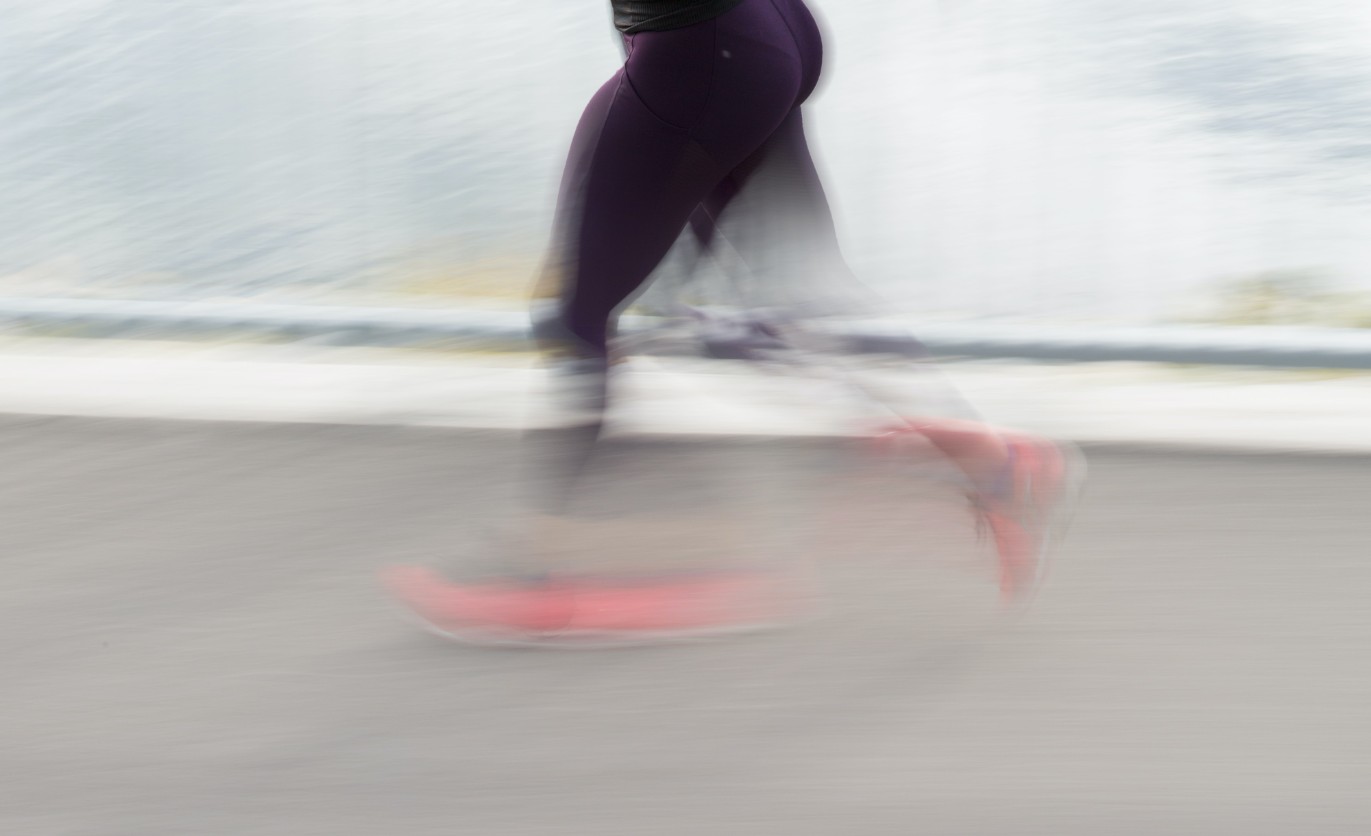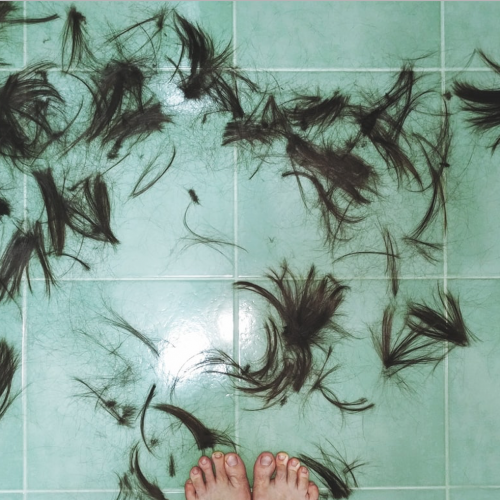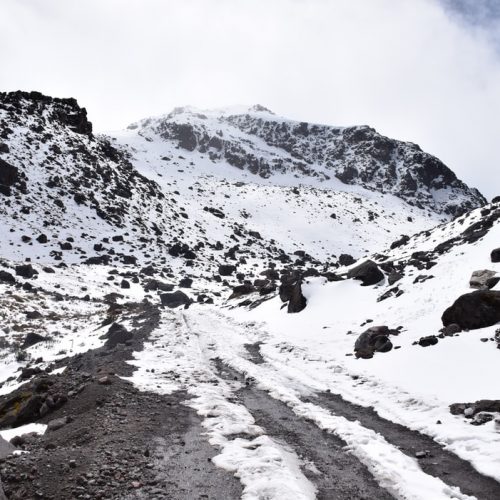The year 2009 took more than it gave. In a season of financial earthquakes and drought, I stood in front of ATMs, staring at a negative balance. After community college, I had three jobs and no chance at a university. Student loans seemed like a reality for people who had a plan for their education, and I couldn’t even decide on an area of study. Instead, I worked in the office of a bike courier service, cleaned the house of a rich couple three times a week, and made coffee for strangers on the weekends. That and I ran.
I resolved to run my first marathon—a goal I could accomplish all by myself. I paid for the bib, told everyone on Facebook (because that’s what you do), and set up a mileage plan. I woke at 5:00 each morning to get miles in before work, having only eaten spaghetti or Top Ramen and a piece of fruit the day before.
Life dealt me a body that had it easy—short and slim. I didn’t need a chair or a cane. When my mostly white friends and I stumbled laughing out of dive bars, cops didn’t glance at us twice. But this body never felt good enough. It could always be thinner, thin enough to shock when seen naked.
I pushed hard, flinging myself on the track around the lake by my house for hours. I couldn’t bear to go beyond that mile loop; anywhere else, I wouldn’t have an end in sight. My daily punishment: fifteen times around, like rings in a tree.
I ran in the dark, with the wind coming off the lake and holding me back like I was wearing a parachute. I ran in the rain, shoes full of water and blood after my toenails separated from the skin. I ran in the early summer sun after quitting my job at the coffee shop and had my weekends back. The marathon was a month away.
The day my body revolted, I took notes of what I’d eaten the day before: coffee, two eggs, two slices of bread, one banana, a plate of spaghetti, wine—teetering on the edge of too many calories. That morning I had a piece of toast with peanut butter and coffee. That afternoon I ran twenty miles, plodding around the lake, again and again. It was Saturday, and people were out, and I hated them for it. Children rode by on bikes with tassels on the handles. Adults zoomed past on roller blades, hogging the inner lane. A man lying down on the ground aimed his camera at a woman in lingerie. She perched at the end of a dock on her hands and knees, butt to the lake. She growled at the camera and squeezed her boobs together. I jogged on.
I ran through the city, the sun beating down on me, frantic music pumping in my ears to keep me going, going, going. My lungs burned. The muscles in my calves and thighs seized. I sucked in my breath while a wave of cramps passed through my legs, clutching my toes in its grip. Stopping meant I would never take another step. Stopping meant I wasn’t good enough.
Eventually, I reached the hill to my house. One more half-mile, less, and I could take a shower, see the boy I was supposed to be dating, and this would be over—for today. I could think of all the calories I’d burned, the miles I’d logged. I could think of how skinny my body would look in the mirror—empty and wanting. I could think: this flesh sack did all that, and no one else.
Halfway up the hill, my body gave out. Runner’s knee doesn’t sound like anything at all, but when it forces your patella out of its home-groove, it’s excruciating; it feels like an invisible sledgehammer knocking into the joint, wrenching your knee sideways and leaving you dizzy with pain. I fell to the sidewalk. I cried, cursed, and looked around—hoping no one was watching. My knee had done this before, and I was always able to set it right again. This time it was telling me to stop moving, and even I knew I had to listen.
I hobbled up the rest of the hill in agony. At one point, I bent at the waist and pushed myself along on my fingertips, like a woman imitating a horse. I grabbed at anything that could keep me steady—a tree, tall weeds with deep roots, a fence, a concrete embankment, warmed by the sun. Unsteady and with tears streaming down my face, I pushed myself up the block, each step sending a ricochet of raw nerves screaming up and down my leg. I made it to the house, limped to the couch, and collapsed.
My body didn’t like me. It refused to cooperate, adding fat where I didn’t want it, shutting down when I wanted to keep going, denying me the version of myself I imagined was better. I wanted my body to shock, to horrify, to evoke sorrow.
I looked down at my body on the couch and felt shame. Idiot. Coward. To not see what a fucking miracle this meat sack is. To wake every morning and move. To exist in the world. That was more than enough.
I called the boy. He brought ice packs and soup. He made me eat.
I withdrew my ticket and never raced again.

Marla Eizik
Marla Eizik creates next to a park in Portland, OR that an old man once told her was full of pixies. This magic imbues her short story pieces and speculative fiction. She reads too many comics as an executive assistant at Image Comics, and is an Associate Prose Editor for Typehouse Magazine. Marla's fiction has been published in Sky Island Journal and Buckman Journal. She is currently writing a female-led Western horror novel.





